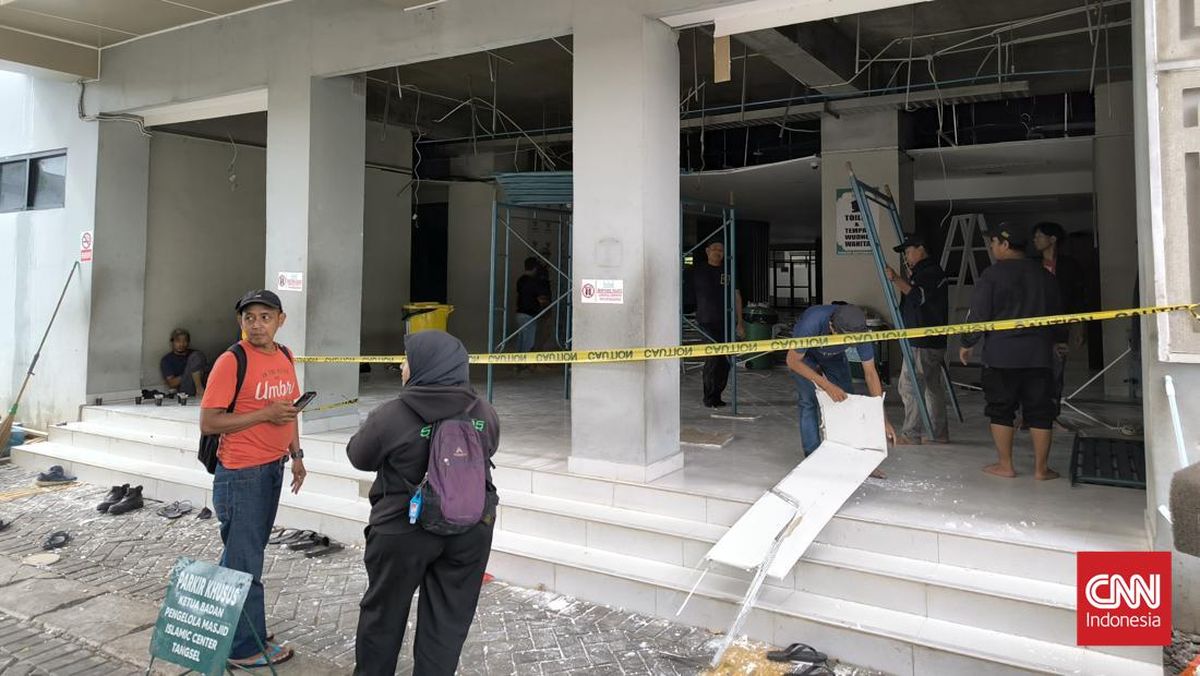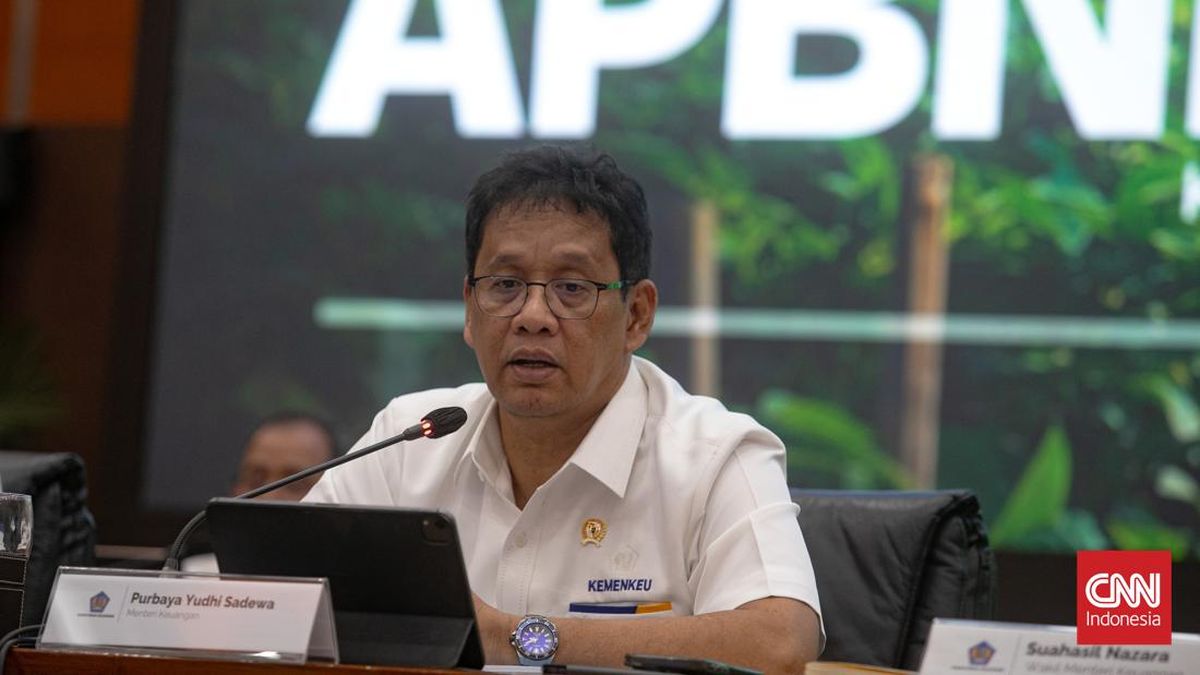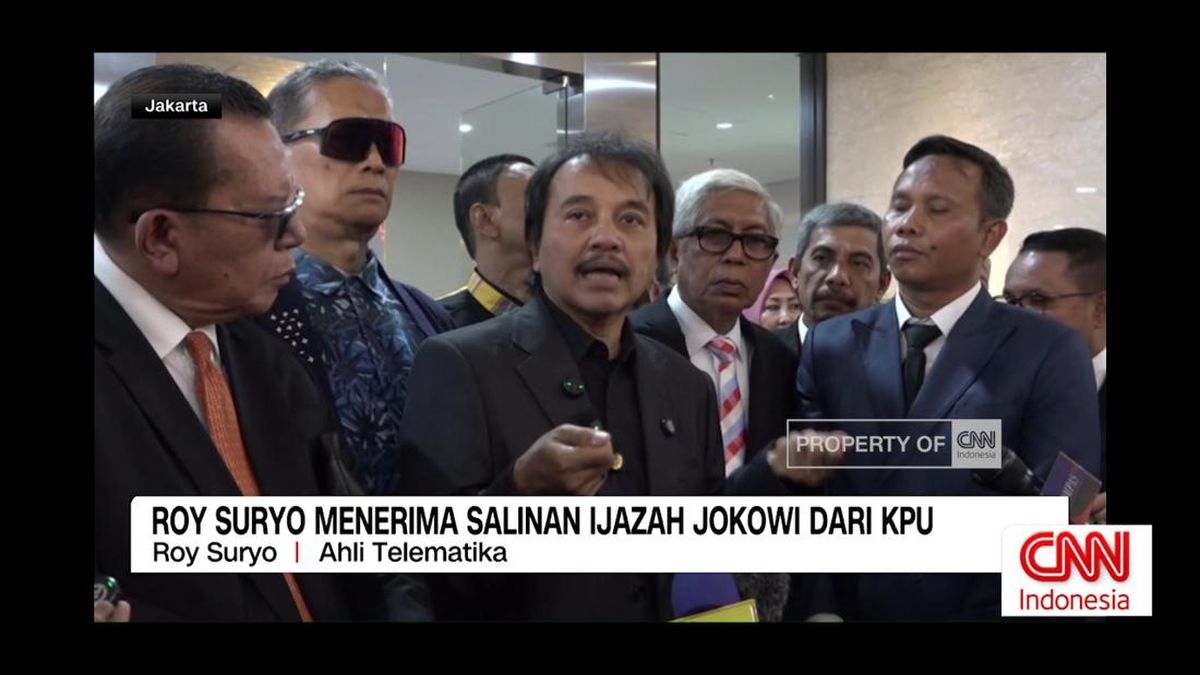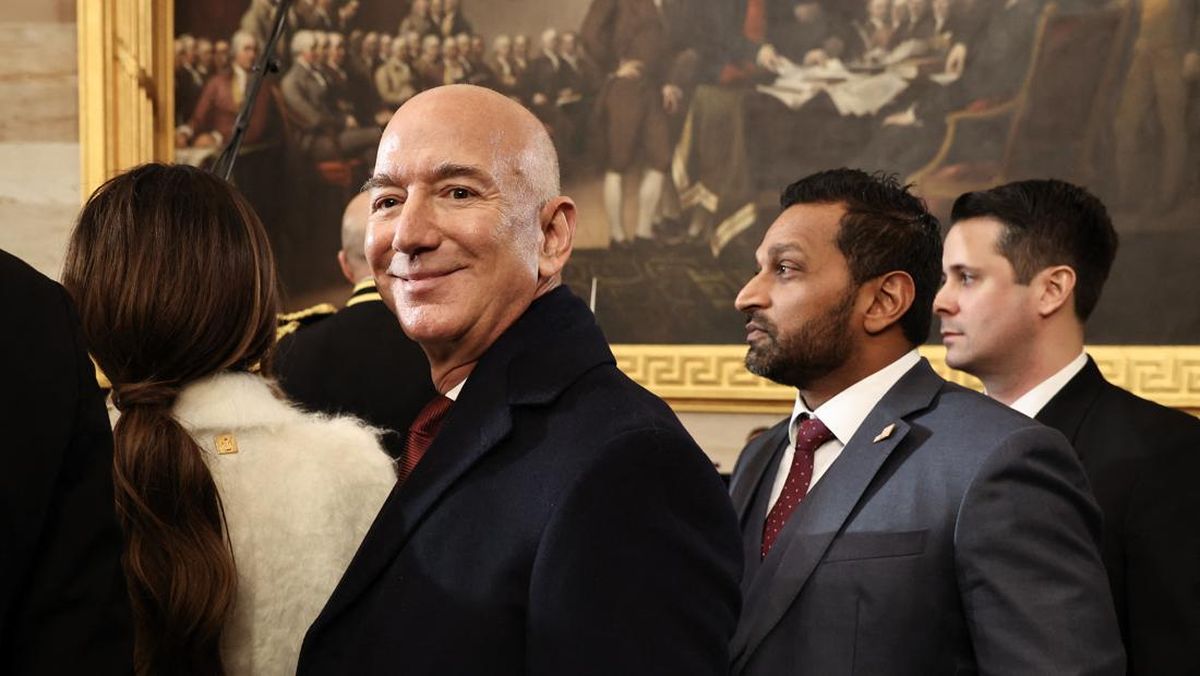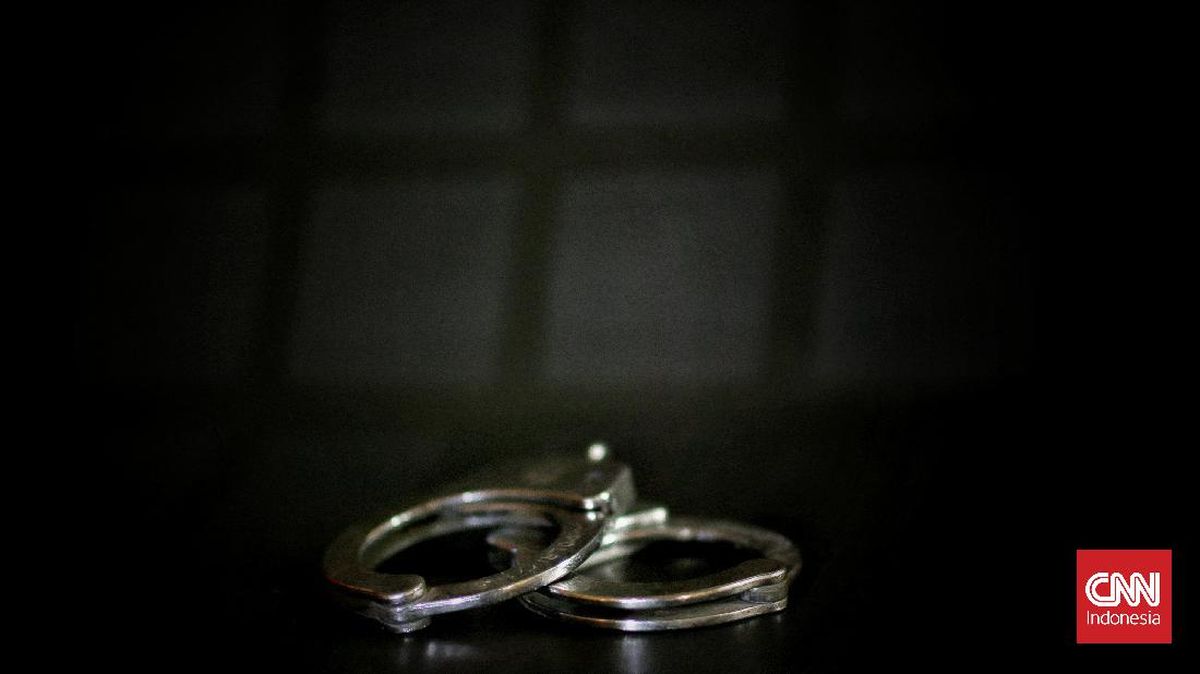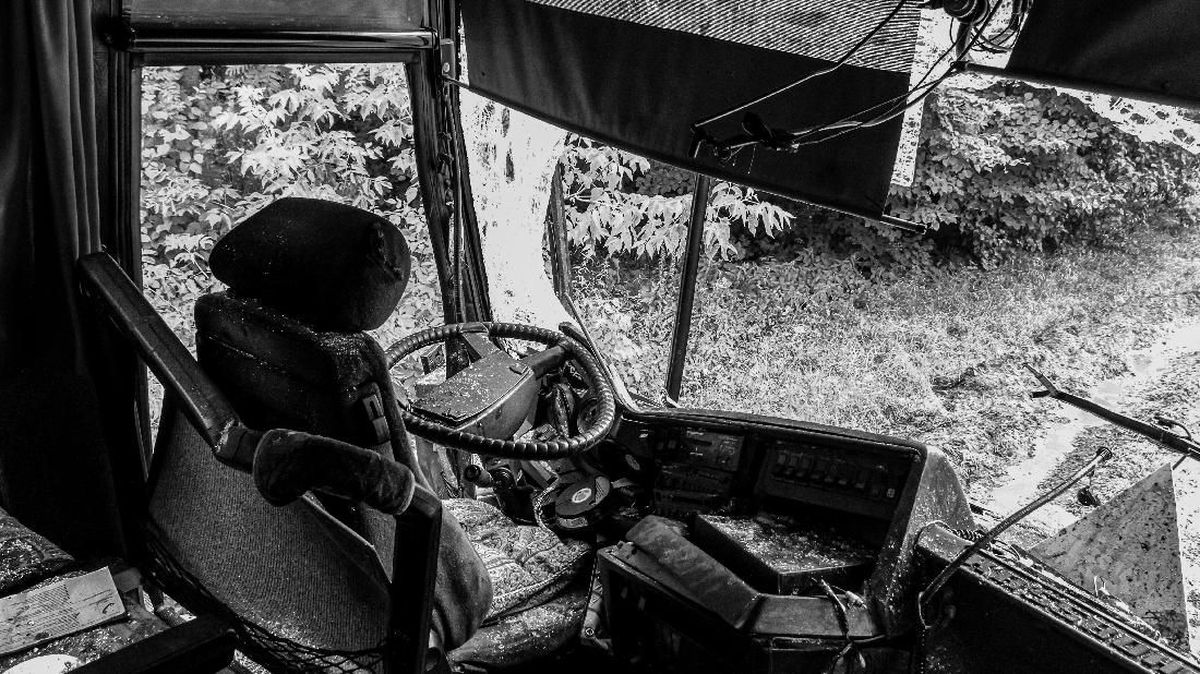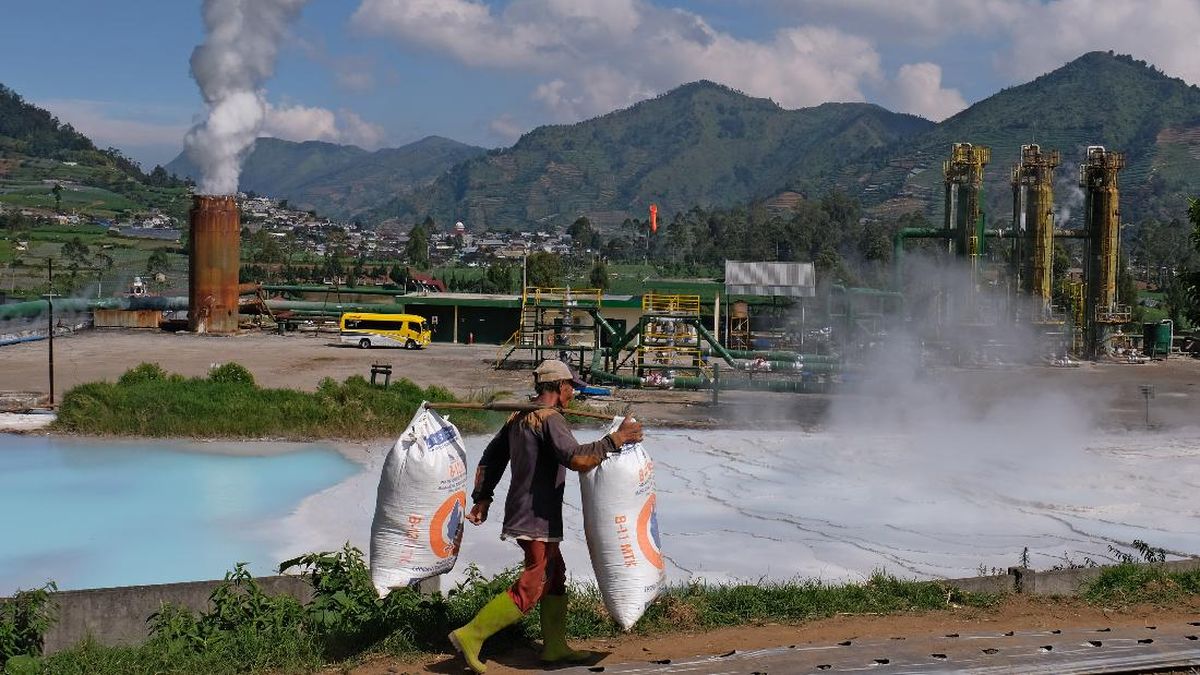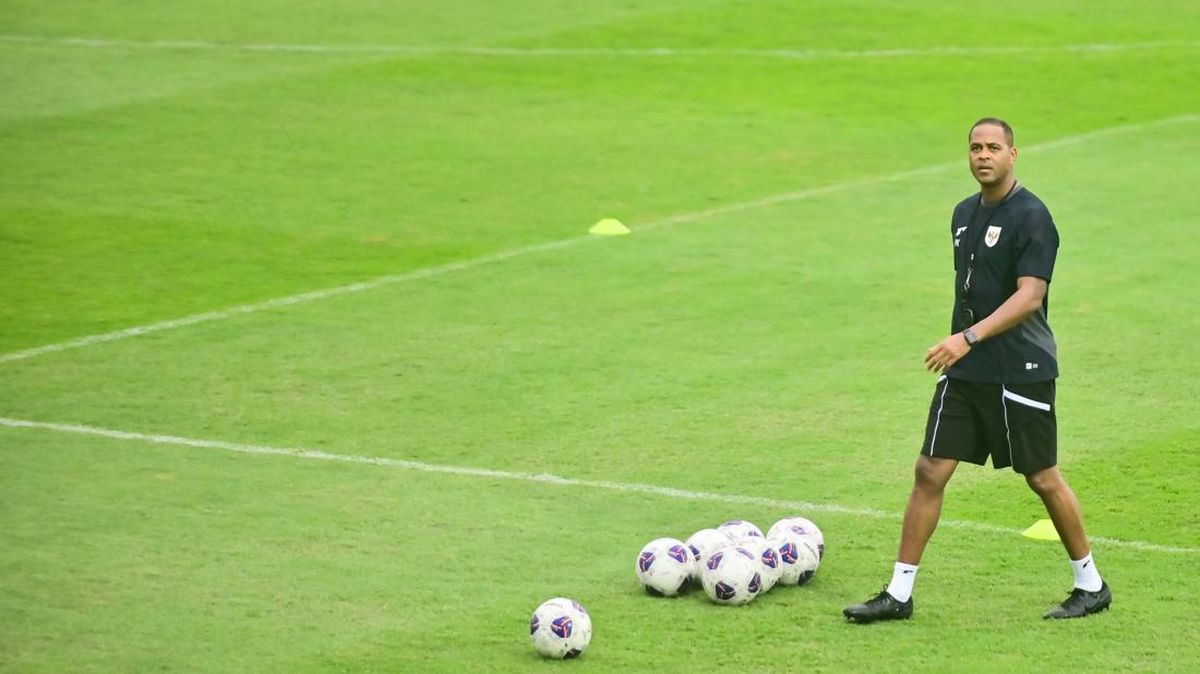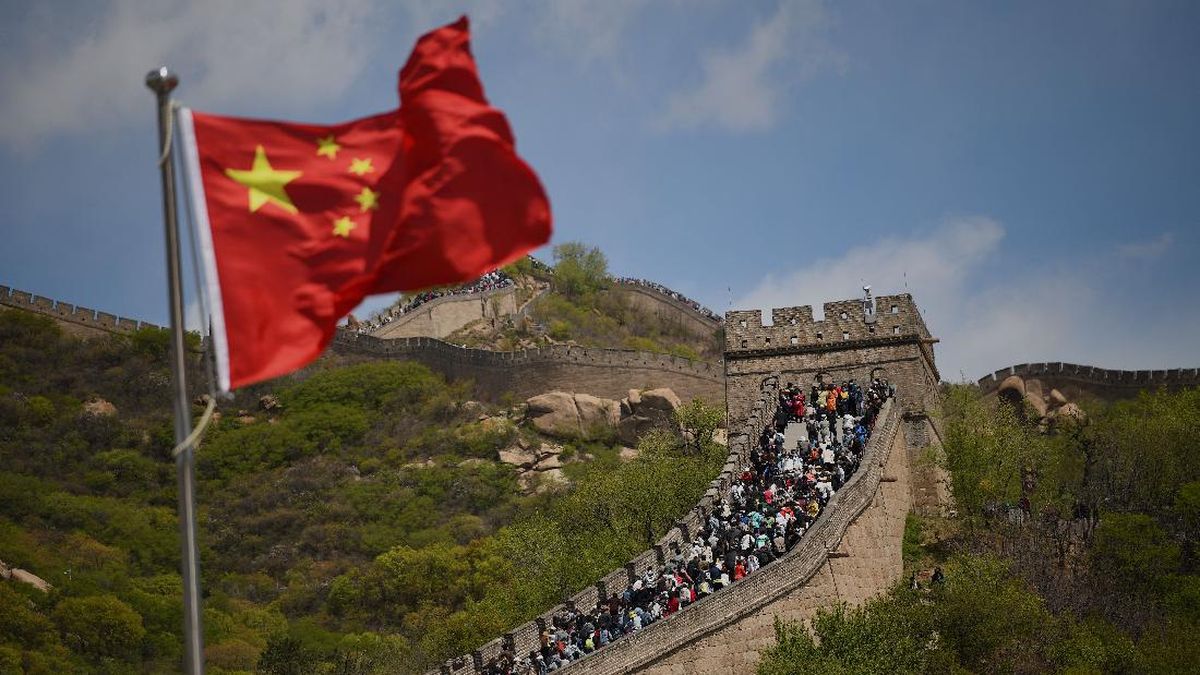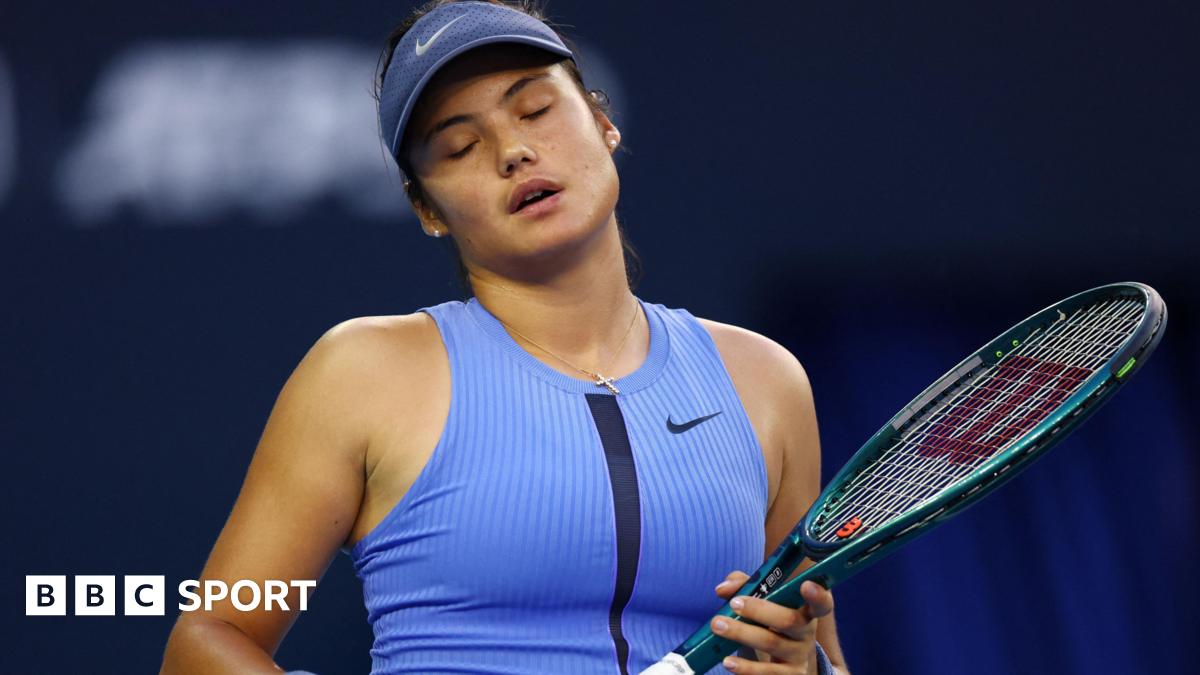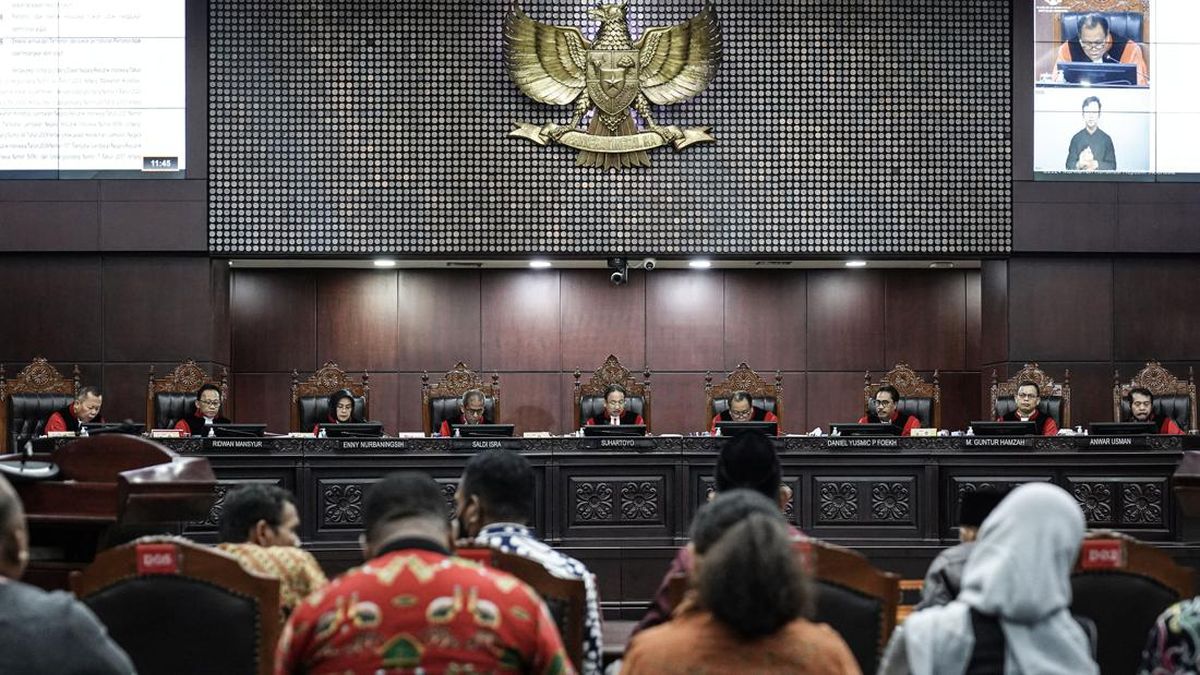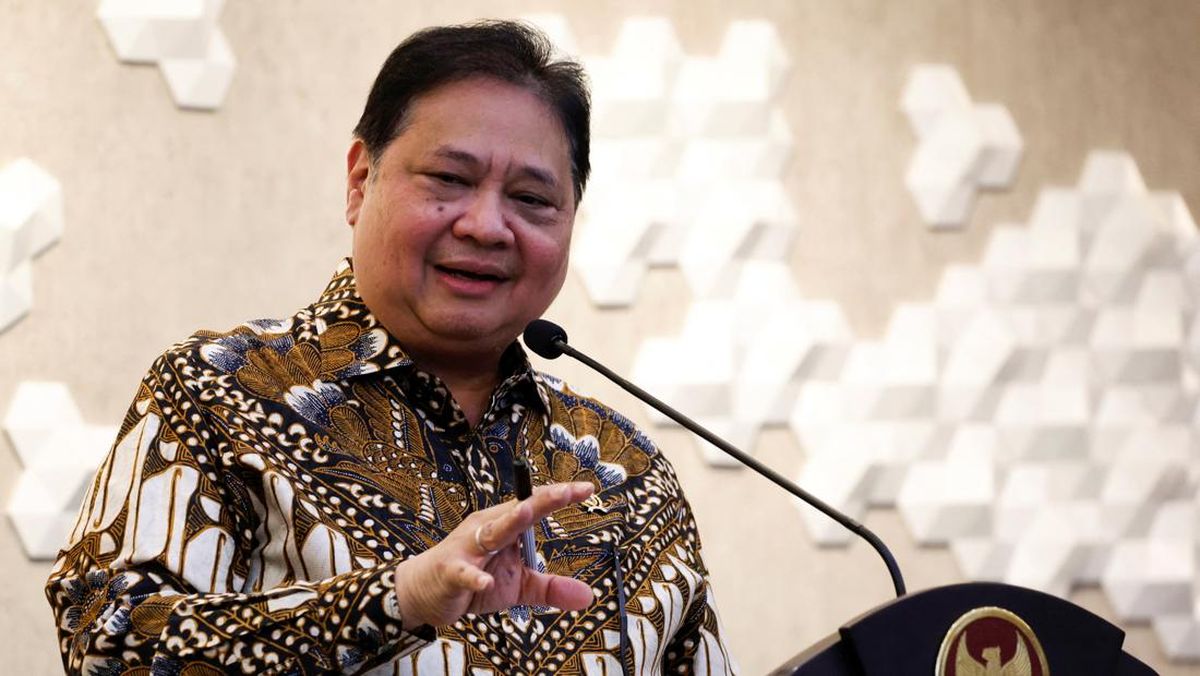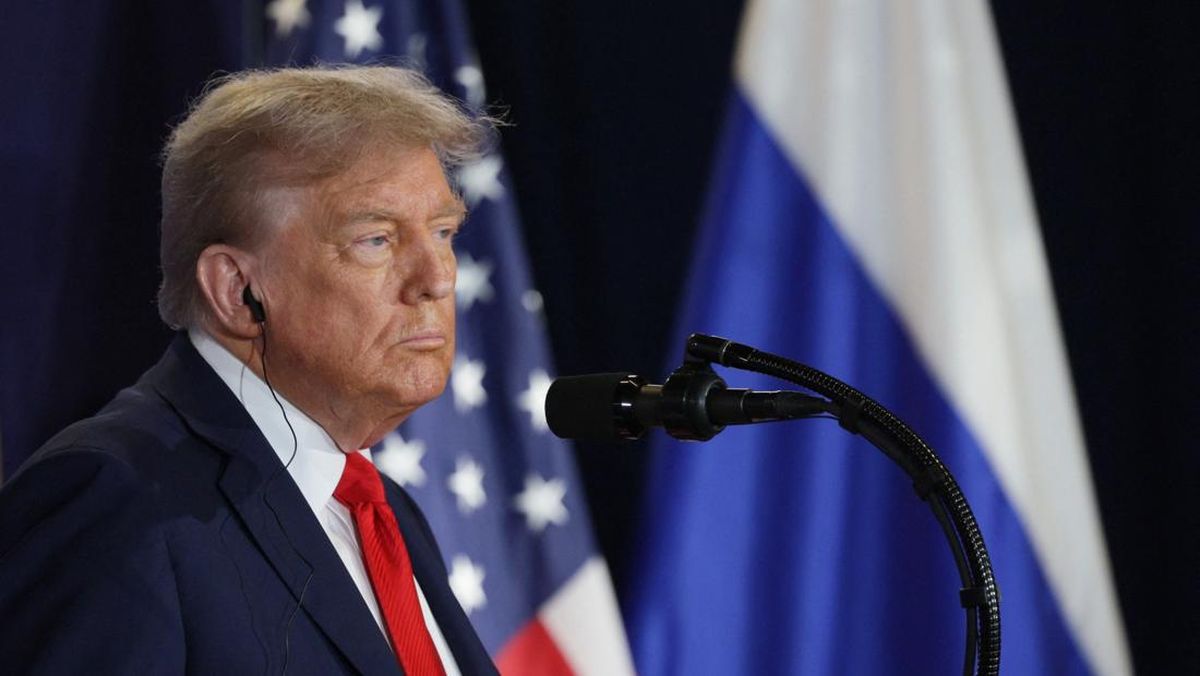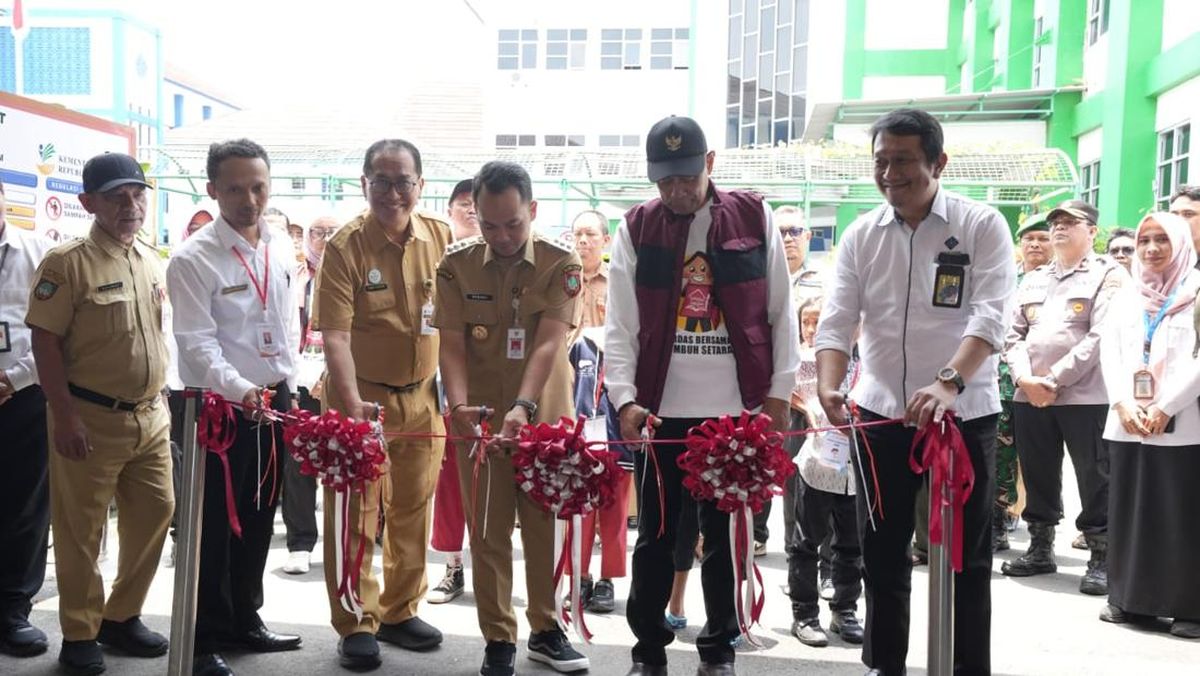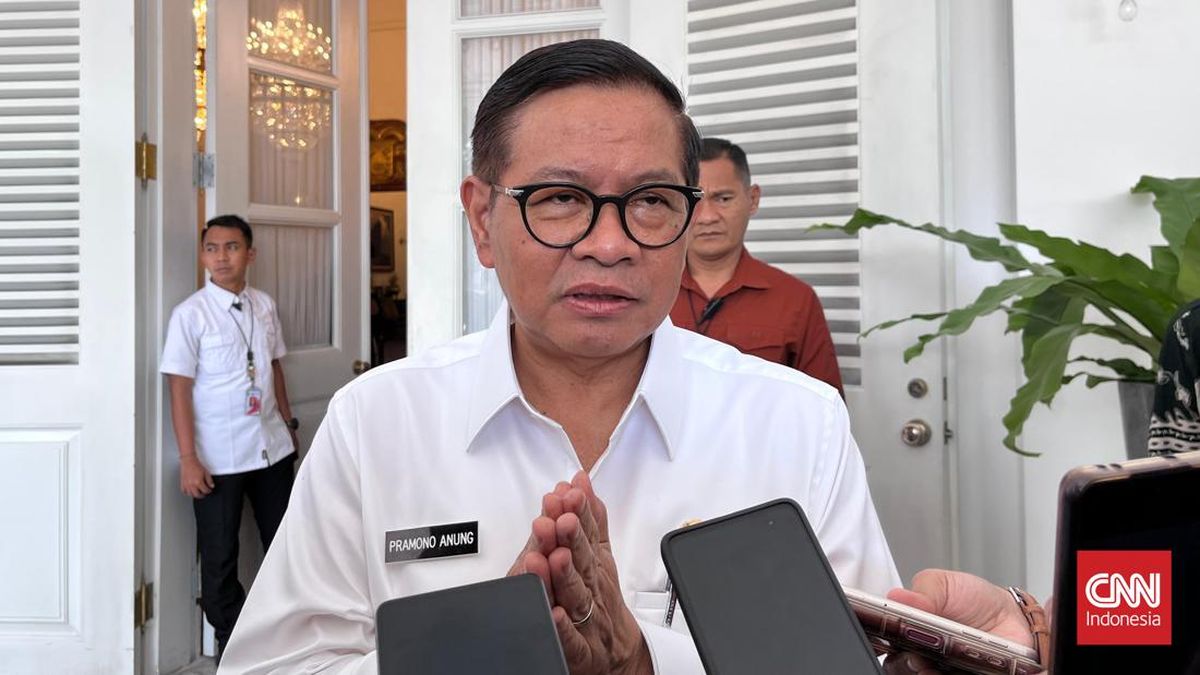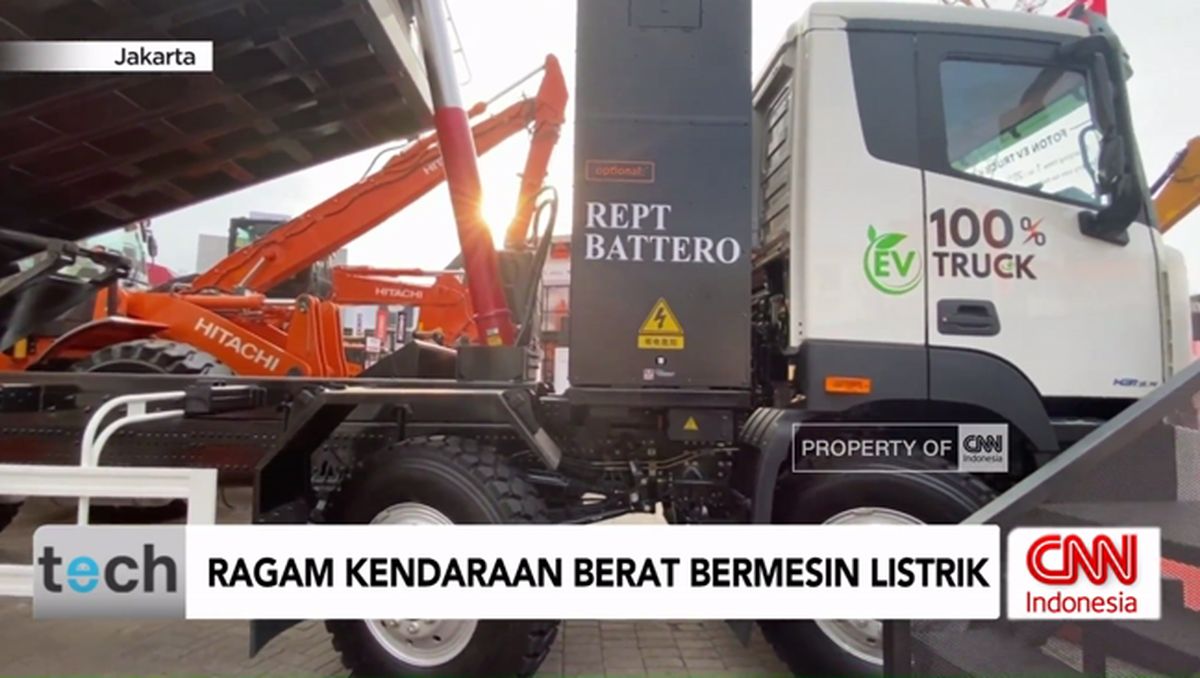Australia needs to lift its defence spending so it can be a better ally while pushing back against military actions from China, former prime minister Tony Abbott has urged while expressing hope the economic giant may become the world’s most benign superpower.
In an address last week to the Australia China Economics Trade and Culture Association, Abbott, who signed the free trade agreement between the two nations just months before losing the prime ministership in 2015, also urged continuing financial links between the countries while cautioning Australia had to broaden its dependence on China.

Chinese Commerce Minister Gao Hucheng, former prime minister Tony Abbott and then trade minister Andrew Robb at the signing of the China-Australia Free Trade Agreement in June 2015. Credit: Alex Ellinghausen
The Albanese government is under pressure from US President Donald Trump to lift defence spending to 3.5 per cent of GDP. Such a sharp lift in spending would cost the budget more than $200 billion by 2035-36.
Abbott said Australia had to “protest strongly” after incidents such as the use of sonar by a Chinese warship to deliberately injure Australian navy divers in 2023, backing that action with increased defence expenditure.
“Australia does need to be militarily stronger, with more ships, more planes, more personnel, more drones and more missiles, so that we can be a better ally and stronger friend,” he said.
“If a stronger military is right for China, and for others, it’s right for us too. We have to be in a position to be firm, even with a superpower.”
Loading
Abbott said while retaining its financial and trading links with China, Australia had to broaden its supply chains. China imposed effective bans on Australian goods worth $20 billion under the Morrison government.
“Australia should keep trading; we should keep accepting students, certainly for the humanities; we should keep accepting highly skilled immigrants, and the dependents of Australian citizens,” he said.
“But for critical supply chains, we have to take care with imports that could be turned on and off like a tap.”
The Liberal Party has noted a sharp fall in voter supply among Chinese-Australians at the past two federal elections. In May, electorates with large shares of voters with Chinese heritage such as Bennelong and Reid in Sydney and Chisholm and Aston in Melbourne recorded large swings to Labor.
Many of those in attendance at Abbott’s address were Australians of Chinese background.
Abbott said Chinese Australians had fully integrated into Australia’s way of life and “moved seamlessly” into workplaces, neighbourhoods and community groups.
“I’m sure they’ve applauded China’s rise and the better material life that’s meant for the Chinese
people, and have been pleased to see China treated with respect,” he said.
“But most, I’m equally sure, would hope for a renewal of the liberalisation that began under Deng Xiaoping, and would hope that China might be history’s most benign superpower – a partner, even, in the Pax Americana, under which the world has become more free, more fair, more rich, and more safe, for more people than ever before.”
Start the day with the day’s most important and interesting stories, analysis and insights. Sign up for our Morning Edition newsletter.
Most Viewed in Politics
Loading

